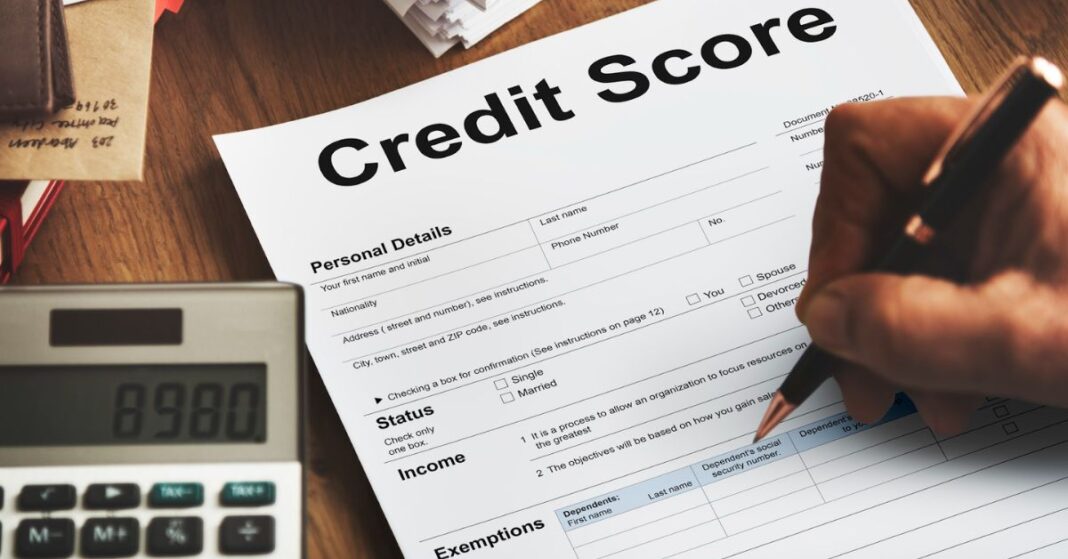You may have already heard about the importance of having a decent credit rating. This three-digit figure plays a significant role in many aspects of your life from getting a mortgage to landing a job to purchasing a car. If you live in Canada, you need to prepare your credit so that lending companies can easily determine how creditworthy you are as a potential borrower.
The credit rating of an applicant will define the amount of loan issued and the interest rates. Thus, it makes sense to improve your rating before you apply for a loan. Here is what you need to consider.
Know Your Credit Rating
Before you get the idea of how to boost your current score, it’s necessary to understand how it works. If you are looking for small loans in BC or in any other province, you have more chances of getting approved with a decent rating though some service providers accept low credit holders as well. Do you know your current rating?
This three-digit number can range from 300 to 900. What does it reflect? It tells potential creditors how you have utilized credit in the past and whether you’ve made on-time payments. Canadians have a chance to turn to one of the credit reporting agencies to check their credit report. TransUnion and Equifax work in Canada and get all the information about the changes in your credit profile. Once you know your present rating, you can understand if you urgently need to repair it.
- 300 to 560: Poor
- 561 to 659: Fair
- 660 to 724: Good
- 724 to 759: Very good
- 760 to 900: Excellent
As you can see, the higher your rating the more odds on approval you have. It’s better to have your score at least 660 or higher to qualify for lower interest rates and more flexible lending terms. The study by Equifax claims that the average credit rating in Canada is 667. Those who plan to obtain an auto loan, a credit card with maximum rewards, or a mortgage need to have a good or excellent rating.

Tips to Improve Your Credit Score
Now that you know how your credit rating works, it’s time to learn how to boost it. Here are some useful tips to help you repair and improve your score:
· Keep Your Credit Utilization Ratio Low
The credit utilization ratio is the amount of credit a client uses relative to the amount of credit they have available. For instance, a person who maintains a balance of $800 when his or her credit card has a limit of $1,000, the credit utilization ratio is 80%. This is a high figure and it’s not preferable for repairing your rating.
This is an important factor that defines your credit rating. The majority of crediting companies don’t want borrowers to reach their limit too often even if they repay their bill in full every month. It’s more suitable to keep this figure under 30% or 35%.
· Pay The Bills on Time
All the bills you get should be paid on time. Whether it’s a utility bill or a credit card bill, these payments can easily affect your rating as they are reported to the crediting agencies such as Equifax and TransUnion. The payment history of the borrower is established when they make on-time payments.
Crediting companies want to deal with reliable borrowers who pay consistently and don’t miss their payment obligations. No matter how tight your budget is at the moment, try your best to make the minimum payment on every bill due.
· Limit Your Credit Applications
Another tip is to limit the number of credit applications. If you apply too frequently, you need to get ready for hard credit checks. The lending partners will conduct a hard credit inquiry to verify your creditworthiness each time you submit a loan request. Your credit rating might drop by 10 points each time you apply so low-credit holders may be affected the most.
Try to limit your credit applications and don’t apply for numerous forms of credit within a short period. Otherwise, seek online crediting companies that perform just a soft credit pull.
· Opt for a Secured Credit Card
This is another common option for consumers whose credit rating is below average. If you want to establish or rebuild your rating, you may want to obtain a secured credit card. This lending option will be offered with guaranteed approval but the applicant will be asked to deposit security funds as a credit limit.
What is the benefit of having this lending tool? The issuers will report your payment history to the credit reporting agencies. Hence, if you are consistent with your payments you will be able to boost your score gradually. When the situation with your rating improves, you will be able to receive an unsecured credit card.
It’s necessary to check your credit report from time to time. You may find some errors in it which can be disputed. Otherwise, these mistakes might lower your credit. You may also find inaccurate details, irrelevant data, or even fraud activity.
If you notice any mistake or fraud, make certain to provide documents to prove your identity and dispute the errors. Email conversations with customer service reps or copies of your bills may back up your claim and help you report fraud even if your card was stolen.
The Bottom Line
Have you failed to pay your bills on time? Is your credit rating less than stellar? Poor credit may ruin your chances of getting approved with low interest. Remember that it takes from one to three months for new data to show up in your credit report, according to the Financial Consumer Agency of Canada.
You will need some dedication and effort to get your credit back in good standing. It may take up to a year to improve it. The only way to boost your rating is to use credit responsibly.


